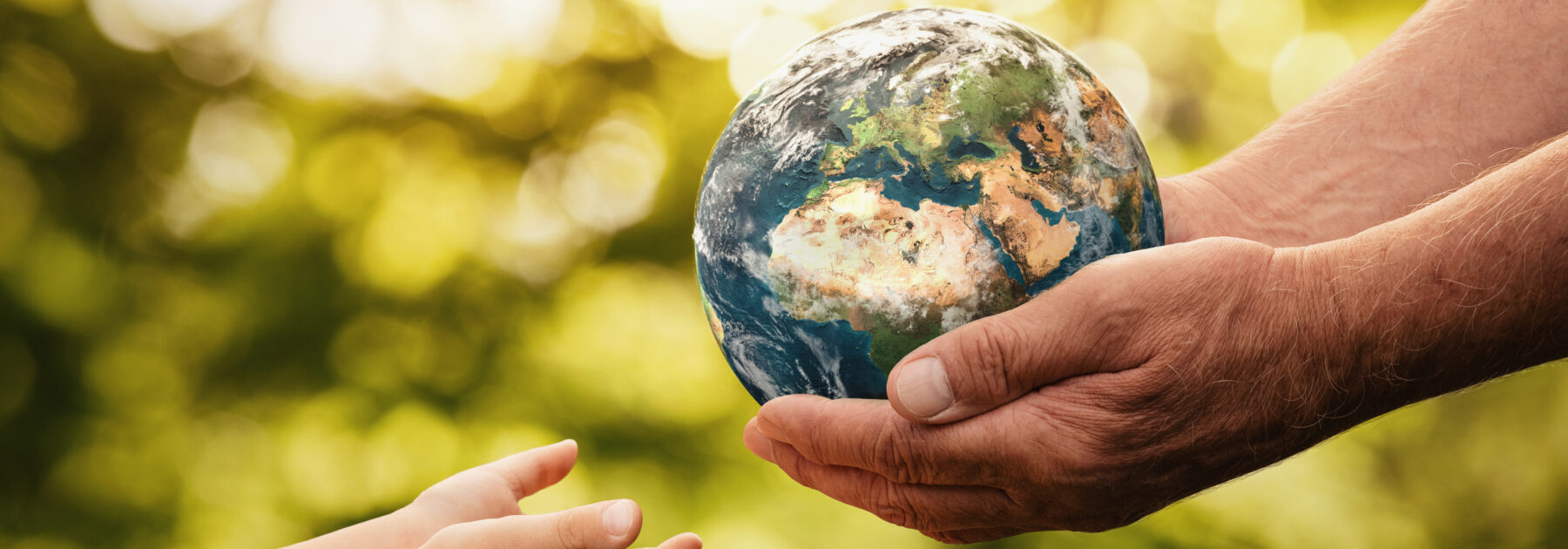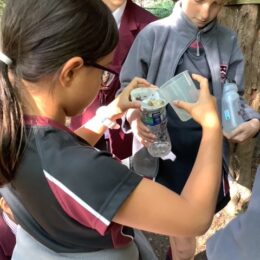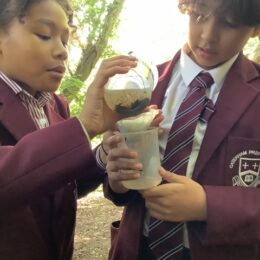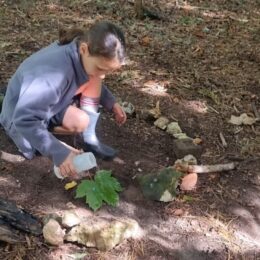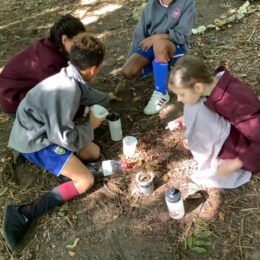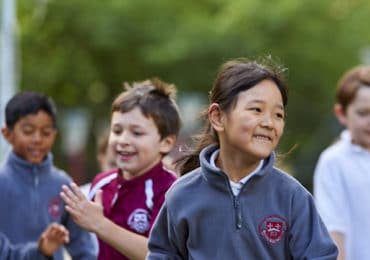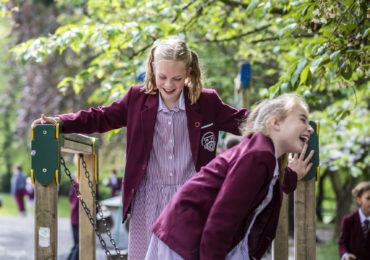Year 5 River Studies in Global
The children in Year 5 Global Citizenship have been investigating the question of “What happens if we don’t have clean water?” To enhance their studies they have embarked on an educational adventure that combined outdoor exploration with engineering ingenuity. They set out to create a miniature river system and learn how to make a water filter using limited resources. This hands-on experience not only connected them to nature but also taught them valuable problem-solving and teamwork skills. The whole project has been aimed at helping the children to understand the value and importance of water systems in the environment. In their outdoor learning lessons, the children were divided into groups and tasked with creating their own miniature river systems. They carefully designed their riverbeds, created curves and bends, and simulated the natural flow of water. They introduced various elements such as pebbles and twigs to mimic the diversity of a real riverbank. This activity allowed them to appreciate the complexity of river ecosystems and understand the significance of maintaining their health as well as embedding their knowledge of the features of a river.
As the miniature rivers took shape, the pupils had to face the challenge of dealing with water quality which in turn raised the question of water pollution and the importance of clean water for both humans and wildlife. The pupils were then tasked with making their own water filters using only basic materials like sand, gravel, and empty plastic bottles.
Each group approached the task with enthusiasm, experimenting with different filter designs and materials. They soon realized the importance of layering the materials in a specific order to effectively remove impurities from the water. This hands-on experimentation not only taught them about filtration but also reinforced the importance of resourcefulness and adaptability.
The river system and water filter project emphasised the value of teamwork and critical thinking. Pupils had to collaborate within their groups, make decisions, and troubleshoot when their filters didn’t work as expected.
Throughout the project, the children gained a deeper understanding of their environment and developed a sense of empathy for the natural world. They saw how pollution could harm ecosystems and impact the availability of clean water for both humans and wildlife. This newfound awareness has the potential to inspire them to become stewards of the environment, advocating for sustainable practices and responsible water management.
Back to all news

